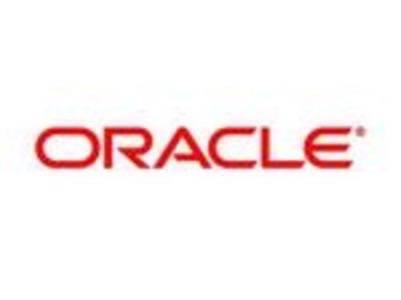We had one of those rare days. It almost felt like two politicians, going back and forth, playing to the crowd.

But these were not fat cat politicians. They were Silicon Valley moguls, razzing each other about their own definition of cloud computing. On stage was Salesforce.com CEO Marc Benioff followed by Oracle CEO Larry Ellison. No matter who you believe, it was an entertaining day.
The dueling came to life as Larry Ellison launched a cloud computing strategy that had a lot of people scratching their heads.
What do you think? Does Oracle’ cloud computing strategy make any sense?
If nothing else, Oracle’s flair for doing things by itself did make Oracle Open World one of the more entertaining corporate conferences we have attended. The day started with Benioff, who played the San Francisco laid back guy, saying that he came in peace. That he was one of the cloud people. The first few minutes of this video will give you a sense of his tone.
By the end of the day, Ellison had parodied Benioff, who had made fun of him for his whole pitch about Exalogic Elastic Cloud, Oracle’s cloud in a box.
At the heart of the disagreement is about the definition for what it means to take advantage of a network. Oracle takes the all in one approach. It flies against what we have seen in practice. But if we are talking about making sense, then for Oracle it may be just the right approach.
It’s a traditional software strategy. The Exologic machine gets patch updates so the software can be updated. Benioff pounds the point home that a SaaS service is seamless. Patches? Cloud computing doesn’t need no stinking patches!
Oracle’s approach is a stretch as far as we are concerned. The machine itself is a work of craftsmanship, showing more so the capabilities of the Sun teams that developed much of the technology. But there is the sense that Oracle is trying to do it all. And in the process, they are missing the boat.
We spoke with an analyst a few months ago who talked about how the Web is too big anymore for anyone to control the stack. It’s not just about an on-premise stack. The network is porous. No one company can control it. But that’s just what it feels like Oracle is trying to do.
And in the process, they seem like isolationists, more interested in power than serving the customers, who increasingly are looking at a stack that is increasingly a mashup of services and software more than anything else.










